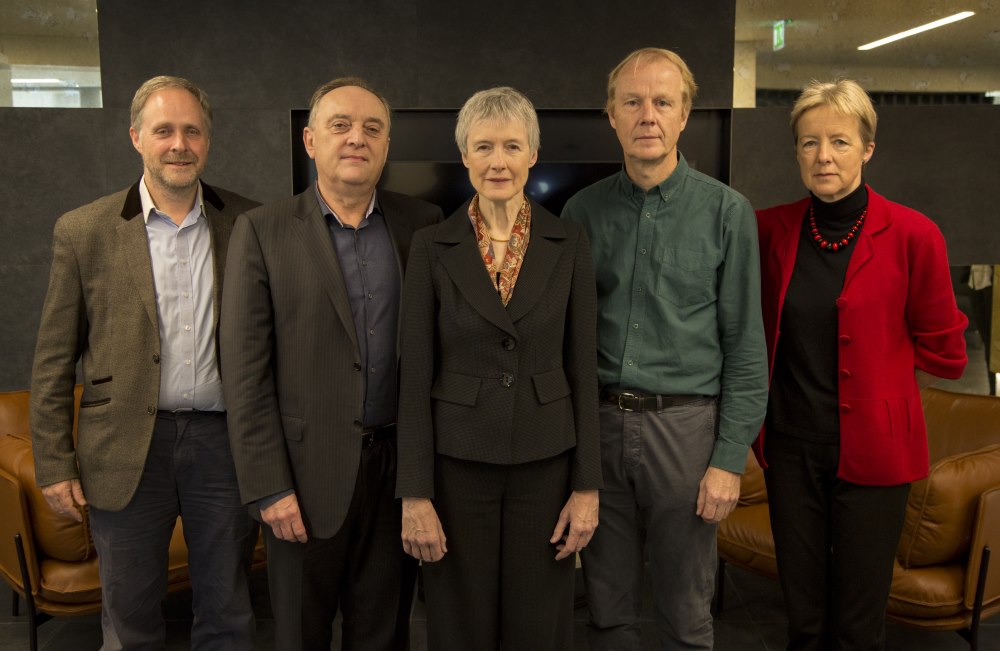message from our external sustainability panel
The Sustainability Panel acts as a “critical friend” to Tarmac, giving advice on how best to address the long-term issues that are embodied in the need for sustainability and alerting the company if it perceives that its approach is not aligned with the challenges. It does this chiefly by holding substantial, in-depth discussions with members of the Senior Management Team (including the Senior Vice President) which are informed by specific briefings supplied in advance; members of the Panel also meet on a one-to-one basis with key executives and their teams and take up opportunities for site visits.

The mission of the Tarmac External Sustainability Panel is to provide advice and guidance, and to serve as “critical friends” of the company as it undergoes its transformation to a provider of sustainable solutions.
The Panel fulfils its role chiefly by meeting the Tarmac Executive at intervals during the year, informed by site visits and background information. At those meetings, discussions embrace the strategic direction of the business, its response to emerging sustainability issues and other topics requested by the Panel or suggested by the company.
It is not the role of the Panel to scrutinise performance data or to audit the company’s activities, but to provide high-level, strategic guidance. The commentary here does not therefore constitute a review or audit of this report.